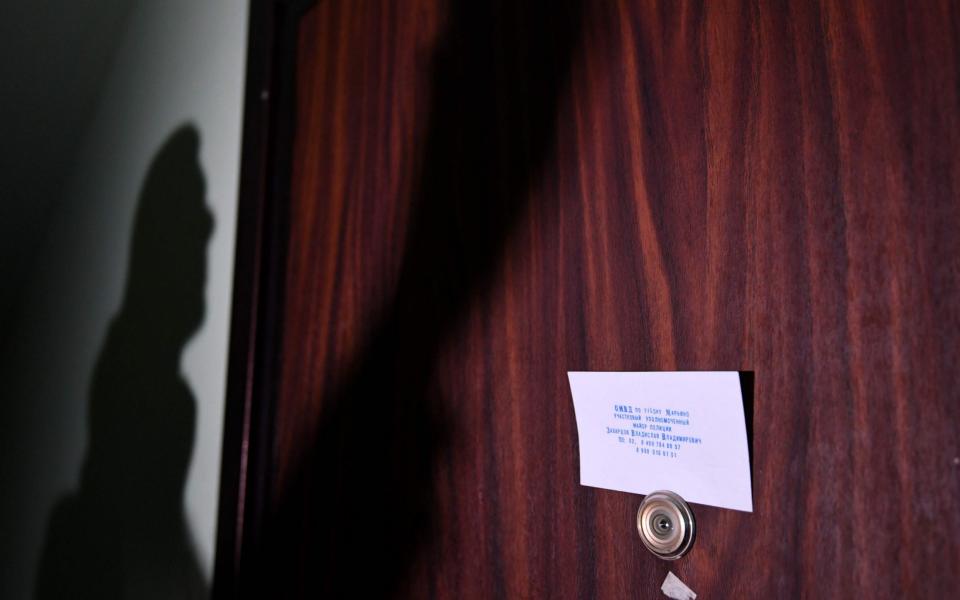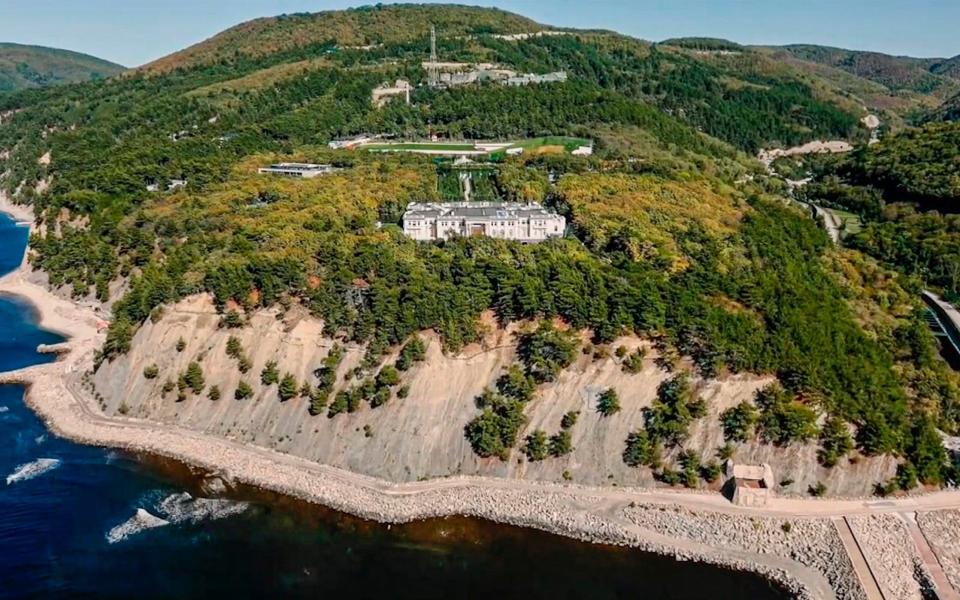Russian authorities target Navalny's associates and wife in series of police raids ahead of protests

- Oops!Something went wrong.Please try again later.
Russian authorities raided the homes of jailed Kremlin critic Alexei Navalny and his associates on Wednesday, piling pressure on opposition figures ahead of a major rally planned for this weekend.
Masked police on Wednesday afternoon broke down the door of Mr Navalny’s rented flat despite the pleas from his wife who was inside, asking for her lawyer, Veronika Polyakova.
Ms Polyakova arrived at her house but was not allowed in to witness the search, a clear violation of the Russian law,she told the Dozhd TV channel.
In the biggest wave of police action against the opposition in months, law enforcement agents raided at least seven homes on Wednesday, including a Moscow property owned by Mr Navalny but where he has not lived for years, and the office of his associates who run his YouTube channel.
A video posted online by Lyubov Sobol, a close ally of Mr Navalny, showed black-clad masked men break down the door and walk into the office.

A hand-written court order sanctioning the raid said that police were pursuing an inquiry into reported violations of coronavirus restrictions related to an opposition rally in Moscow last Saturday.
Separately, Kira Yarmysh, Mr Navalny’s spokeswoman who is serving nine days in jail for calls for an unauthorised gathering, was taken from the detention facility on Wednesday evening and brought to her Moscow flat for another police search.
The flurry of raids are being seen as a chilling warning ahead of planned street protests on Sunday that Mr Navalny's associates announced in more than 100 Russian cities and towns.
Mr Navalny is expected in court on Thursday, when a judge will consider his appeal against his arrest on January 18 related to alleged violations of the terms of his probation.
Angry protests against Mr Navalny’s detention spread across the country’s 11 time zones last Saturday, fuelled in part by his release of a video investigation into President Vladimir Putin’s wealth.
After the YouTube video about the president's alleged billion-dollar Black Sea "palace" garnered over 95 million views, Mr Putin was forced to issue a denial on Monday, insisting that neither he, nor his family own the property.
Mr Navalny’s team alleged a web of obscure owners and claimed Mr Putin's close friends and relatives have been pumping money into its construction and maintenance.

The property, described as Russia’s largest private home, is believed to boast a casino, private theatre and a smoking room with a stripper pole.
Floor plans of the palace as well as rare photographs and 3D visualisations showing its opulent interior have become the butt of jokes and given rise to countless parodies and internet memes.
The waters along the coast are off limits for fishermen and the Kremlin security service (FSO) is claimed by some to have issued permits for anyone wanting to get close, which has been seen as evidence that Mr Putin uses the property.
There were conflicting reports on Wednesday about security around the property, however.
Russian news outlet RBC quoted a statement from the country’s main intelligence agency FSB explaining that it had to close the airspace over the property due to “growing spying activities of a number of neighbouring countries including NATO members.”
The FSB, however, failed to comment on the fact that the no-fly zone was first established there in 2011.
The FSO agency, whose job is to provide security to Russia’s top officials including the president, on Wednesday, denied that there were any facilities in the area under its protection.
